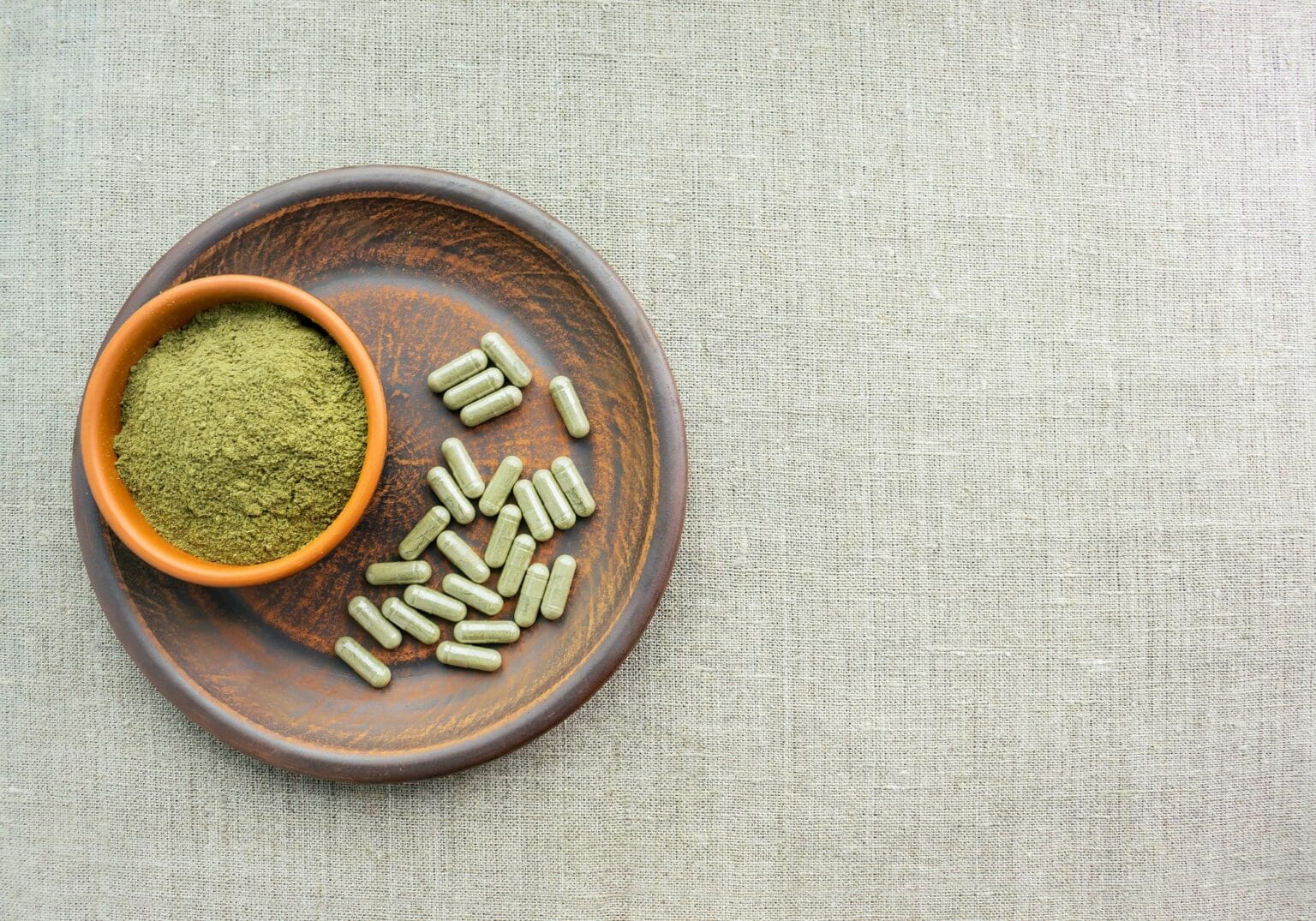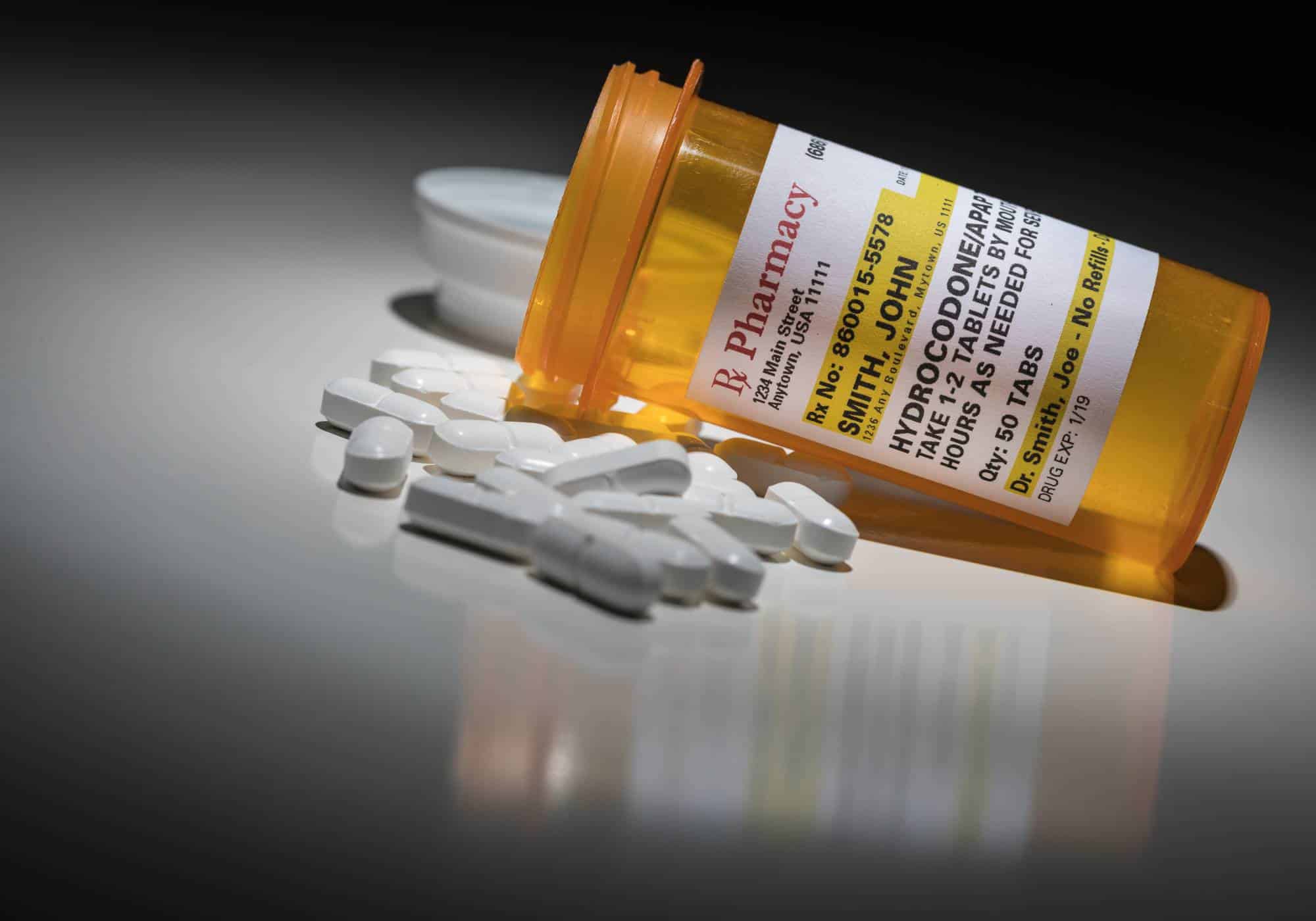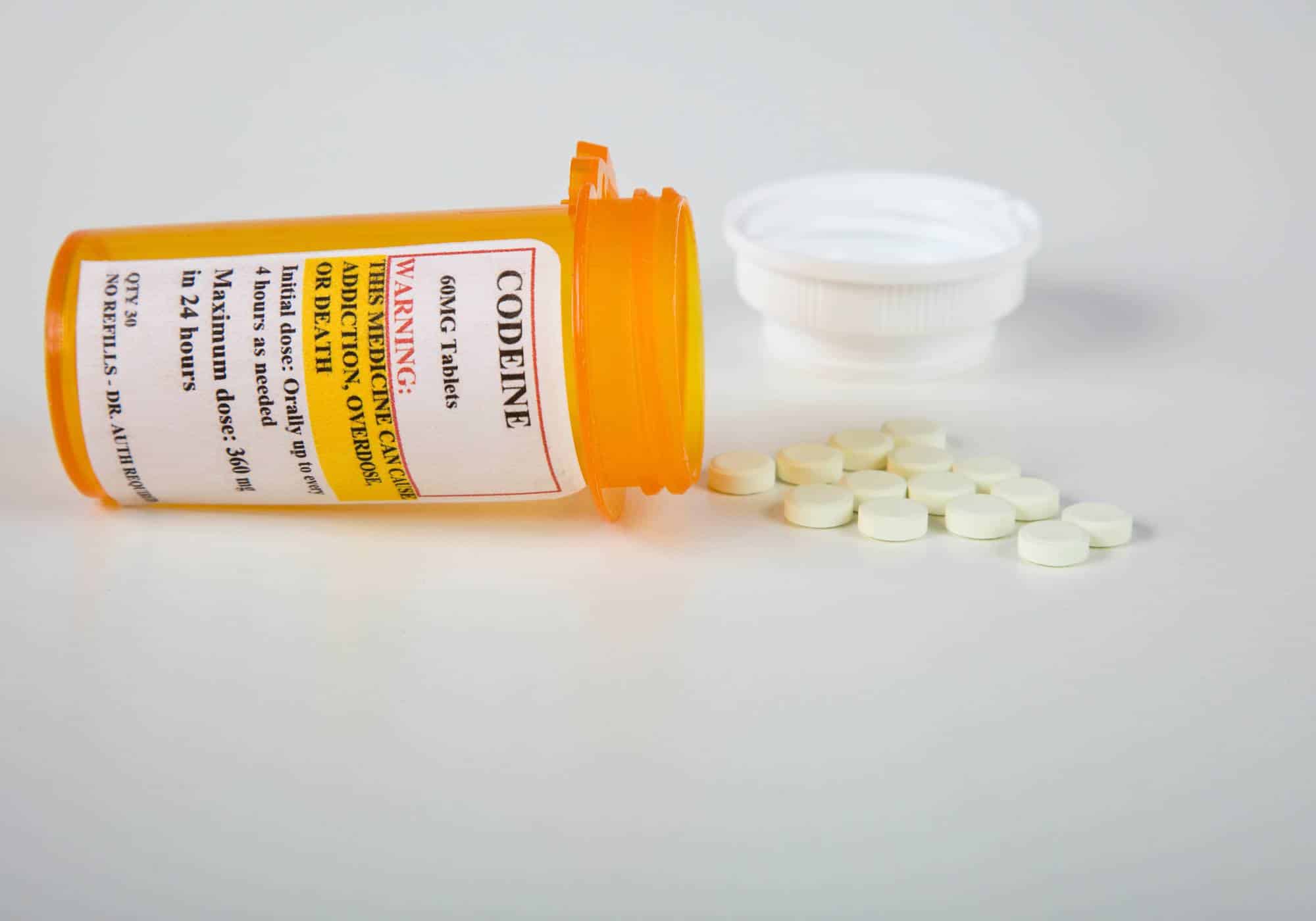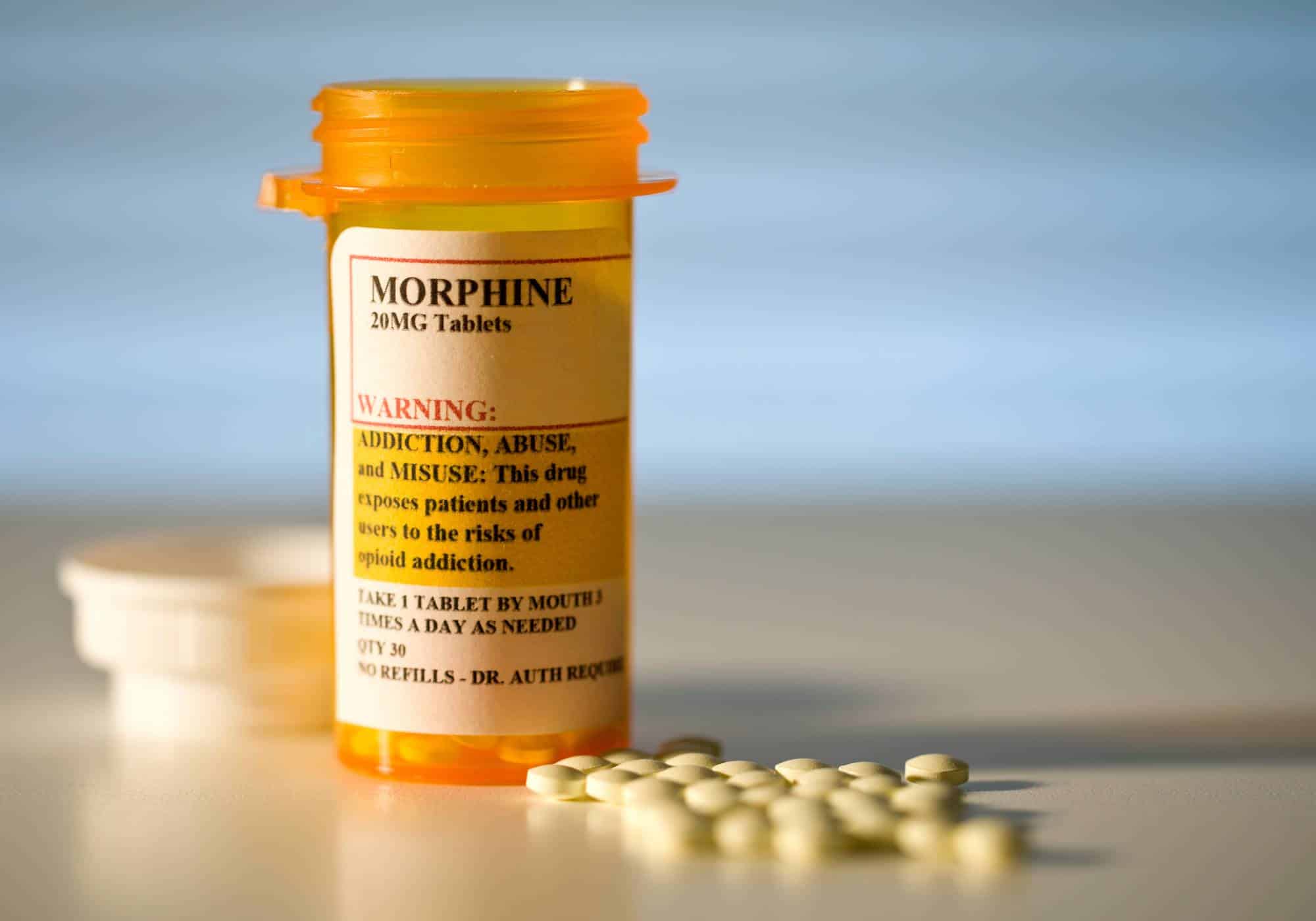Kratom, a substance known for its dual stimulant and opioid-like properties, is often viewed as safe due to its natural origins. However, this perception is misleading and contentious. Despite its seemingly harmless nature, kratom carries risks, including the potential for overdose and, in some cases, fatal outcomes.
For those seeking to understand the risks associated with kratom overdose, this article offers a comprehensive overview. It delves into the key aspects of kratom overdose, covering its signs, symptoms, risk factors, and other critical information to be aware of.
Can You Overdose on Kratom?
Yes, it is possible to overdose on kratom.
Similar to other drugs, kratom poses a risk of overdose, particularly when consumed in large quantities or in combination with other substances, such as alcohol or prescription opioids. While instances of kratom overdose are not widespread, they can be fatal.
A significant challenge in understanding kratom’s safety and risks is the lack of extensive scientific research on its effects, adverse reactions, and overdose thresholds. Additionally, the concentration of psychoactive compounds in kratom can vary significantly between different plants, complicating the prediction of its effects and the determination of safe dosages.
Moreover, the inconsistency in labeling and dosage information from kratom distributors exacerbates the risk of kratom overdose. Often, kratom products are not adequately labeled with ingredients or dosage instructions, which can lead to unintentional overconsumption.
How Much is Too Much Kratom?
The appropriate dosage of kratom varies from person to person. Commonly, when using the powdered form, individuals consume between 3 to 9 grams. Alternatively, kratom is also available in capsule form, with each capsule usually containing between 500 to 660 milligrams of the powder.
It’s important to note that taking higher doses or using kratom more frequently can elevate the risk of adverse effects associated with the substance. As with any supplement or drug, moderation and understanding of one’s own tolerance levels are key to minimizing potential negative impacts.
Signs and Symptoms of Kratom Overdose
Kratom has been recognized as a drug of concern by the DEA due to its potential for toxicity and overdose risks. The United States is currently contemplating classifying kratom as an illegal substance, largely because of the fatalities linked to its use. In an effort to understand the scope of kratom use and its associated risks, the Centers for Disease Control and Prevention (CDC) analyzed data from the National Poison Data System. This study revealed a significant increase in poison control calls related to kratom, rising from 26 cases in 2010 to 263 in 2015. Alarmingly, over 40% of these calls were for serious or life-threatening conditions. Reported signs and symptoms of kratom overdose include:
- Nausea
- Rapid heartbeat (Tachycardia)
- High blood pressure (Hypertension)
- Agitation or irritability
- Seizures
- Drowsiness
- Coma
These findings underscore the potential dangers of kratom overdose, highlighting the need for increased awareness and caution among users.

Is a Kratom Overdose Dangerous?
An overdose on kratom can indeed be a serious, potentially life-threatening event. While instances of kratom overdose are relatively rare, the risk escalates, particularly when kratom is used in conjunction with other substances, including alcohol.
In the period between 2014 and 2016, the Drug Enforcement Administration (DEA) documented 15 cases of fatal overdoses where kratom was a factor. Additionally, in 2017, the Centers for Disease Control and Prevention (CDC) identified 11 deaths linked to kratom use. Recent years have seen an upward trend in these figures, highlighting the growing concern regarding the safety and risks associated with kratom, especially in the context of overdoses.
Can Kratom Overdose Cause Death?
Kratom overdose can indeed lead to severe health consequences, including death. The risk intensifies significantly when kratom is intentionally combined with other substances such as alcohol, opioids, benzodiazepines (like Xanax or Valium), or gabapentin. The interaction between kratom and these substances can create dangerous synergistic effects, heightening the potential for harmful outcomes.
When mixed with depressants like alcohol or benzodiazepines, kratom’s sedative effects can be amplified, potentially leading to life-threatening respiratory depression. Similarly, combining kratom with opioids or gabapentin can increase the risk of overdose due to the combined effect on the central nervous system.
It’s crucial to understand that while kratom alone may present certain health risks, the danger escalates significantly when used in conjunction with other drugs. This highlights the importance of exercising caution and seeking professional advice before mixing kratom with any other substances.
Kratom Overdose Risk Factors
As kratom usage rises in the United States, it’s crucial for both users and healthcare professionals to be aware of its potential side effects and health risks. Kratom can have a range of effects depending on the dose:
At lower doses, kratom typically leads to:
- Increased energy levels.
- Enhanced alertness.
- Greater talkativeness and sociability.
However, prolonged use of kratom can result in:
- Anorexia.
- Weight loss.
- Insomnia.
- Dry mouth.
- Increased urination.
- Constipation.
Higher doses of kratom pose more serious health risks, including:
- The possibility of overdose.
- Psychosis.
- Seizures.
- Psychotic symptoms such as hallucinations, delusions, and confusion.
Dangers of mixing Kratom with Other Drugs
The dangers associated with kratom are significantly amplified when it is combined with other substances like alcohol or drugs. There have been instances where individuals experienced severe health emergencies, such as seizures or coma, after using kratom with other substances like marijuana, antidepressants, and oxycodone.
Kratom’s unique range of stimulant and sedative effects, which vary depending on the dosage, makes its use unpredictable even when taken alone. This unpredictability is further heightened when kratom is mixed with other drugs, particularly depressants like benzodiazepines or narcotics. The interaction of these substances can lead to potentially dangerous, even life-threatening, situations. Therefore, understanding and caution are essential when considering kratom usage, especially in conjunction with other drugs. If you or a loved one are struggling with kratom addiction, call our kratom rehab today to start your kratom addiction treatment today.
Why Does a Kratom Overdose Occur?
The mechanisms behind kratom overdoses are not entirely clear, but several theories provide insight into why they may occur. One prevalent theory suggests that kratom binds to the same brain receptors as opioids. This interaction could potentially lead to an accumulation of kratom in the system, resulting in an overdose.
Another possible explanation is that kratom might interfere with how other drugs are metabolized in the body. This interference could cause these drugs to build up to dangerous levels, contributing to an overdose.
There is also evidence indicating that the risk of a kratom overdose increases when it’s used in combination with other substances, such as methadone, benzodiazepines, or opioids. These combinations can lead to heightened effects and a greater likelihood of overdosing. This growing understanding of the risk factors associated with kratom use underscores the importance of caution and moderation in its consumption, especially when other substances are involved.
What to Do if You Overdose on Kratom
Recognizing and responding to a kratom overdose is crucial, as its signs may not be as immediately apparent as those of alcohol, benzodiazepine, or opioid overdoses. Yet, overdosing on kratom is a serious risk and can be life-threatening. If you suspect someone is overdosing on kratom, it’s important to act quickly and responsibly:
- Prevent Further Drug Intake: If possible, ensure that the individual does not consume any more kratom or other substances.
- Call Emergency Services: Immediately dial 911. Quick medical intervention is essential.
- Stay Calm and Keep the Person Calm: Maintaining a calm demeanor can help in managing the situation more effectively.
- Check for Breathing and Pulse: Ensure the person is breathing and check their pulse. If they are not breathing, and you are trained, start CPR immediately.
- Use the Recovery Position: If the person is unconscious but breathing, place them in the recovery position. This involves rolling them onto their side, bending their top leg over the bottom leg, and tilting their head backward to maintain an open airway.
- Handle Seizures Safely: If the person is having a seizure, focus on preventing injury. Move them to a safe area, cushion their head, and gently roll them onto their side. Stay with them until help arrives.
It can be challenging to determine if someone has overdosed, but it’s better to err on the side of caution. If there’s any doubt about their condition, it’s vital to seek medical assistance immediately. Your prompt actions could be lifesaving.
Preventing Kratom Overdose
Kratom, similar to other substances prone to misuse, can result in dependence, marked by physical kratom withdrawal symptoms when usage is stopped. This can escalate to tolerance, abuse, and addiction. The withdrawal symptoms associated with kratom can vary and include:
- Muscle aches.
- Difficulty in sleeping (insomnia).
- Irritability.
- Hostility and aggression.
- Changes in emotional state.
- Runny nose.
- Uncontrolled, jerky movements.
Understanding these risks is crucial in preventing kratom overdose and managing its use responsibly.
Kratom Withdrawal and Addiction
Kratom addiction is not only a matter of concern due to its habit-forming nature, but also because of the intensity of its withdrawal symptoms, which are often comparable to those associated with synthetic drugs. Withdrawal typically occurs when a person develops a tolerance to kratom, necessitating increasing amounts of the substance to achieve the same effects. Once a person becomes dependent, ceasing the drug leads to a range of uncomfortable and sometimes severe withdrawal symptoms. These symptoms can be particularly intense for long-term or heavy users and, in the case of certain drugs, potentially dangerous.
The withdrawal symptoms from kratom can include:
- Runny nose
- Restlessness
- Muscle aches and jerks
- Diarrhea
- Weepiness
- Mood swings
- Panic attacks
- Hostility and aggression
- Severe depression
- Psychosis
Given the risks associated with kratom addiction and withdrawal, it’s strongly advised that individuals seek guidance from addiction treatment professionals before attempting to quit. Numerous programs are available that can significantly ease the withdrawal process and make it more manageable. Hope Harbor Wellness, a drug rehab in Atlanta, offers support and assistance 24/7. Reach out to us at 678-929-6304 to learn more about our services and how we can help in navigating the challenges of kratom withdrawal and addiction.

Kratom Overdose Treatment at Hope Harbor Wellness
After a person is treated for a kratom overdose, they may benefit from other types of treatment. Located in the serene suburbs of Atlanta, Hope Harbor Wellness is your ally in the fight against kratom addiction in Atlanta, GA. Our Atlanta kratom drug rehab centers, dedicated to holistic recovery, are ideally situated to offer you the support you need.
Our compassionate outpatient program collaborates with top-tier medical kratom detox facilities, ensuring a safe and effective detox process. Once free from addictive substances, you can seamlessly transition into one of our specialized outpatient treatment programs at Hope Harbor Wellness, designed to address substance use disorders:
- Outpatient Rehab: A flexible program tailored to fit into your daily life.
- PHP (Partial Hospitalization Program): Offers a structured yet non-residential approach to treatment.
- IOP (Intensive Outpatient Program): Provides more intensive care while allowing you to maintain daily responsibilities.
- Dual Diagnosis Treatment Program: Caters to those with co-occurring mental health disorders.
Our kratom treatment programs incorporate a variety of interventions:
- MAT (Medication-Assisted Treatment): Utilizes medications to ease withdrawal symptoms and cravings.
- Psychotherapy: Addresses underlying psychological aspects of addiction.
- Group Therapy: Offers peer support and shared learning experiences.
- Individual Counseling: Provides personalized guidance and support.
- Family Therapy: Helps heal and strengthen family relationships.
- Holistic Therapies: Focuses on overall well-being, including physical, emotional, and spiritual health.
- Aftercare: Ensures ongoing support post-treatment.
Embark on your journey from ecstasy addiction to recovery with Hope Harbor Wellness. Trust in our dedicated team to guide you every step of the way. For more information or to start your kratom rehab journey, call our admissions team at 678-929-6304.












